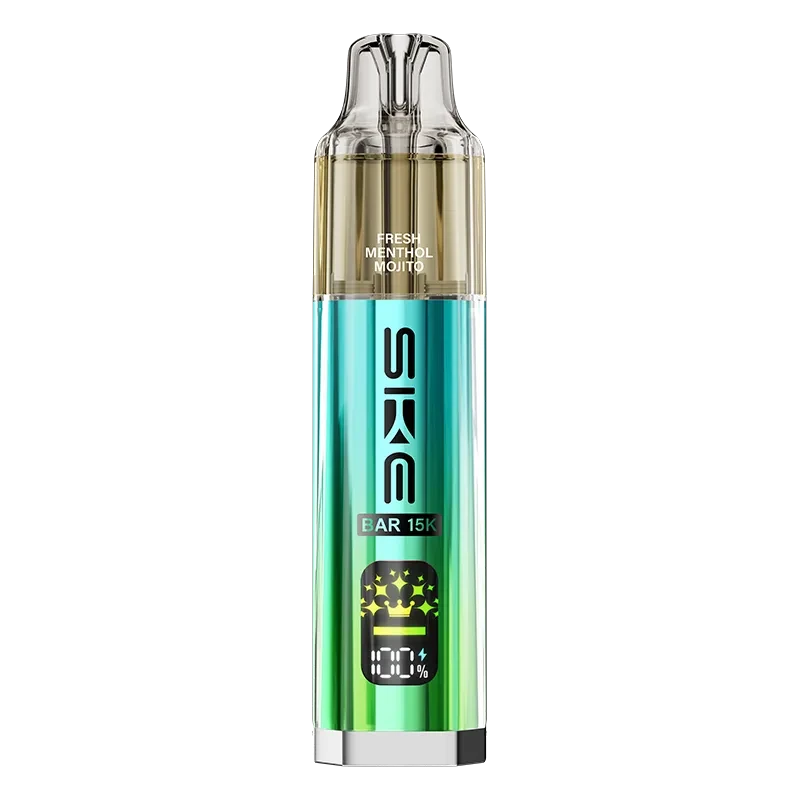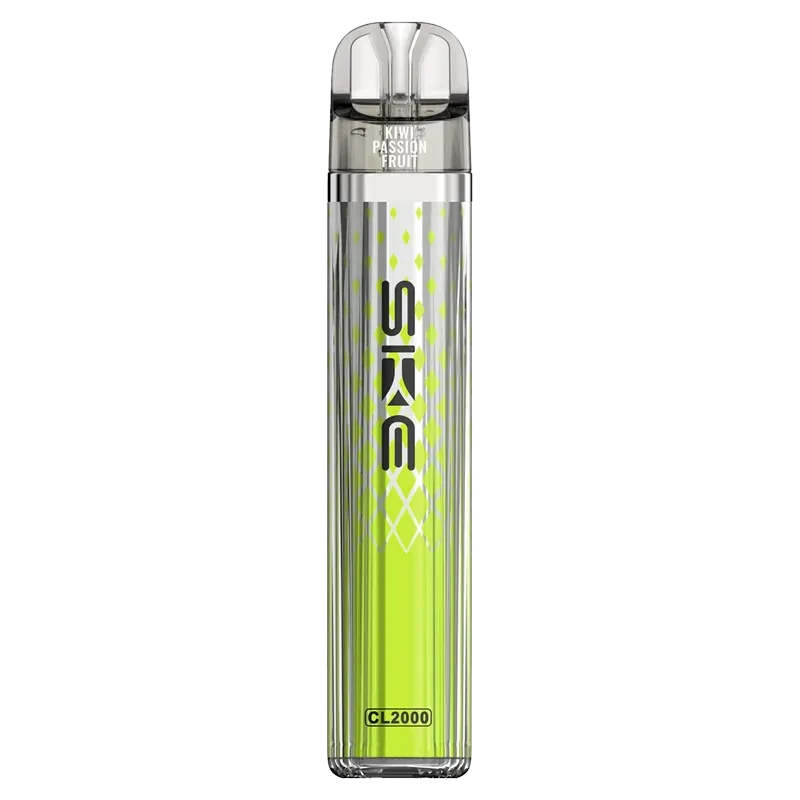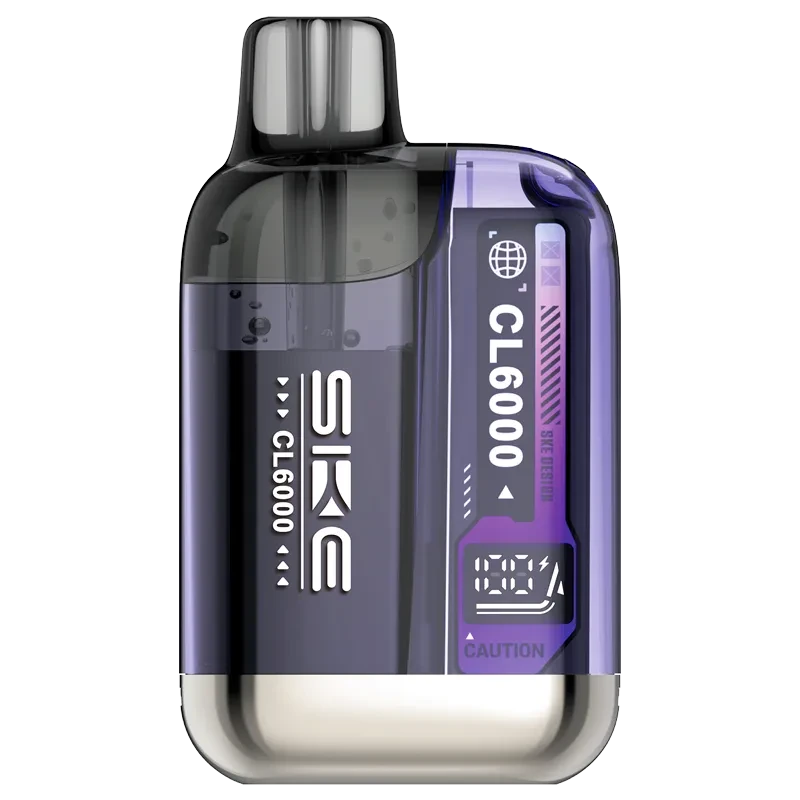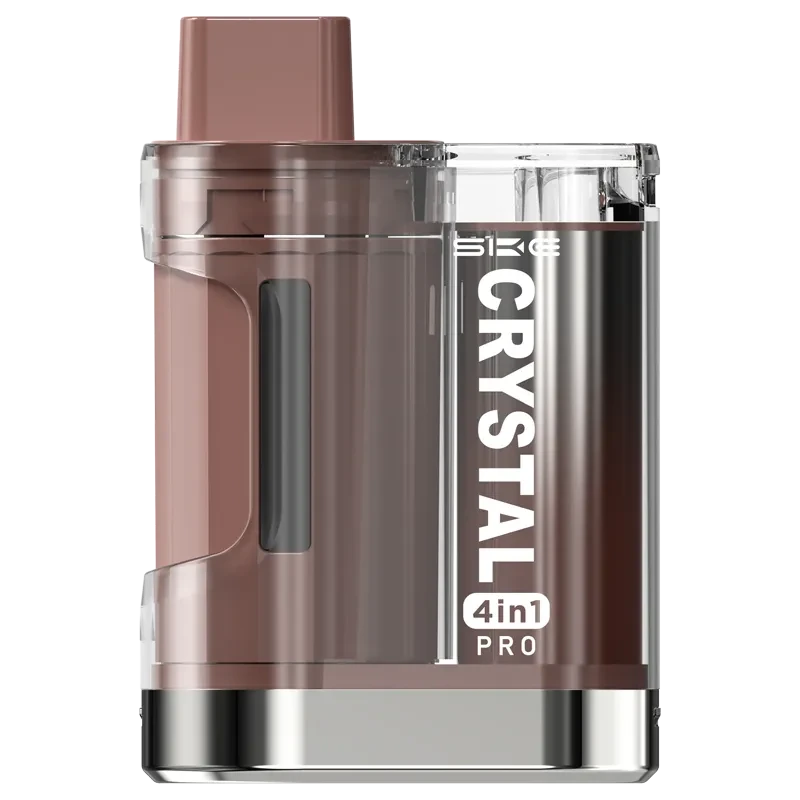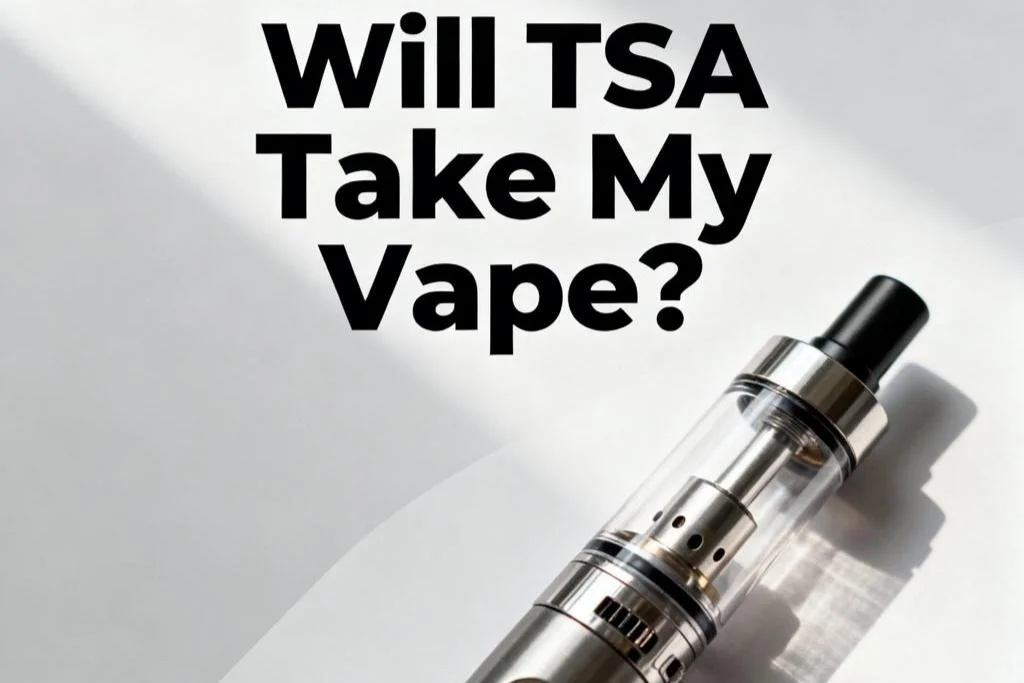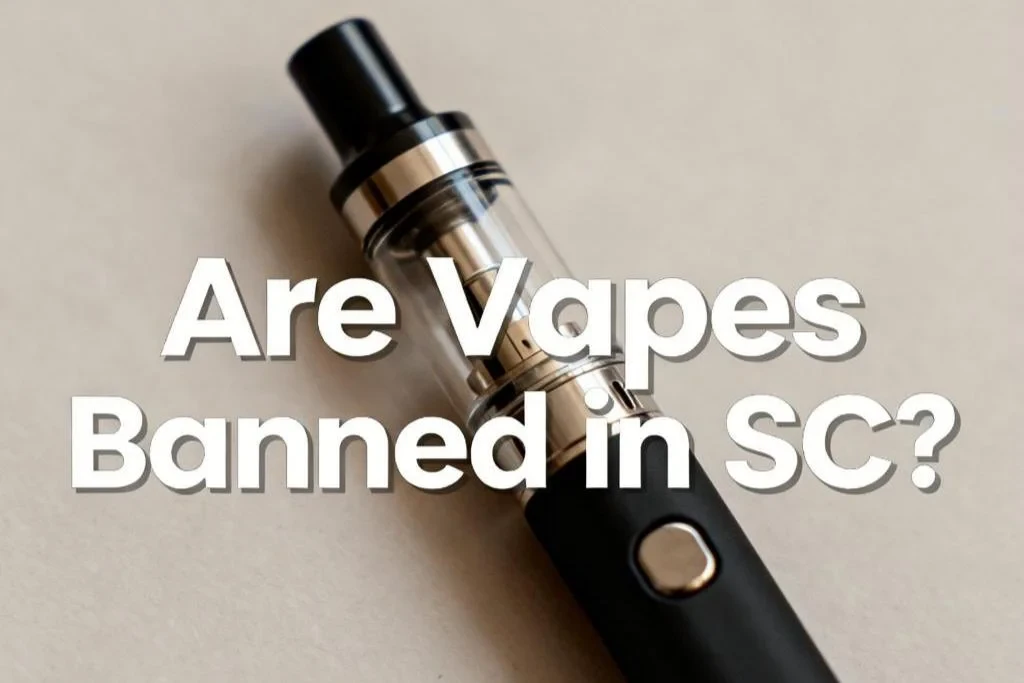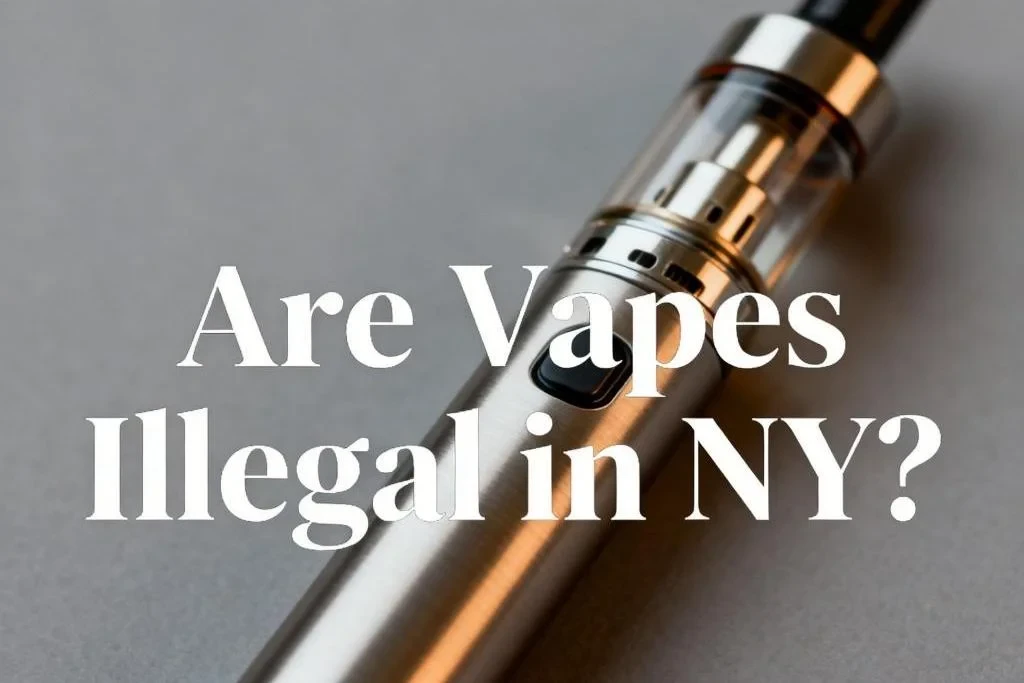CAN VAPING CAUSE SEIZURES?
Vaping has become a mainstream alternative to smoking, but as its popularity grows, so do concerns about potential health risks. One question that often appears in search queries is: can vaping cause seizures? This guide takes a closer look at what medical research, regulatory bodies, and real-world reports say about the connection between vaping and seizures.
Understanding Seizures
A seizure occurs when there is sudden, uncontrolled electrical activity in the brain, which can cause changes in behavior, movements, feelings, or levels of consciousness. Seizures can result from a variety of causes, including:
- Neurological conditions (such as epilepsy)
- Brain injuries
- Infections
- Metabolic imbalances
- Certain medications or substances
Since nicotine directly affects the nervous system, researchers have questioned whether high exposure from vaping could be a potential trigger.
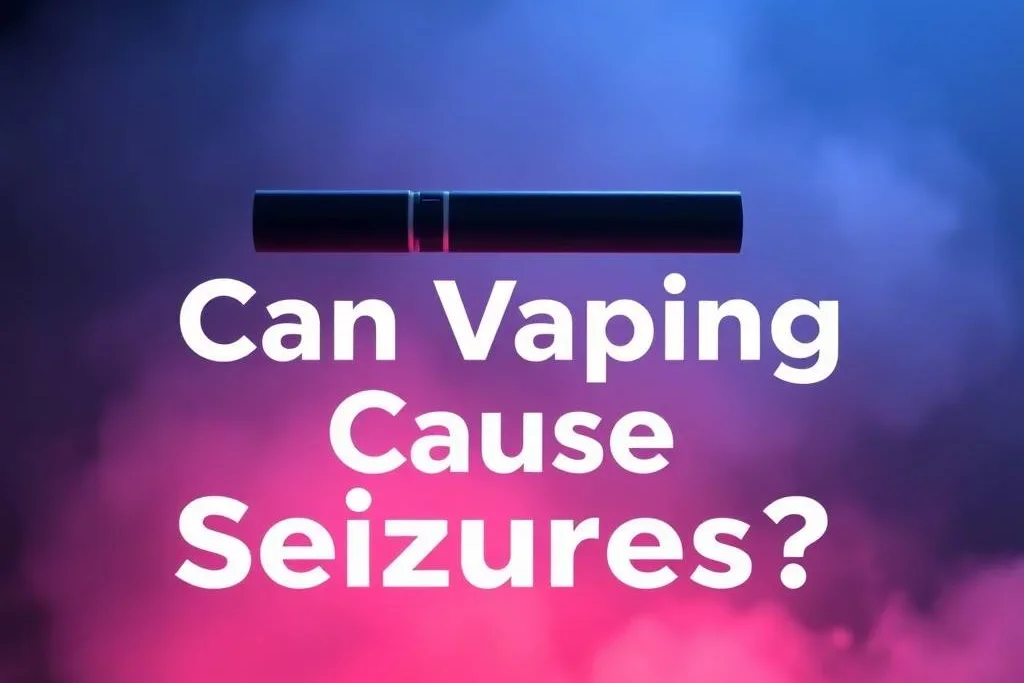
Can Vaping Trigger Seizures?
The FDA and CDC have received reports of seizures occurring shortly after e-cigarette use, particularly in young adults and teenagers. While the number of cases remains relatively small compared to the millions of people who vape, these reports have raised safety concerns.
- Nicotine Toxicity High doses of nicotine can overstimulate the nervous system, potentially leading to symptoms such as dizziness, nausea, confusion, and in rare cases, seizures. Disposable vapes and pod systems with high nicotine concentrations (especially nicotine salts) may increase the risk of nicotine overexposure.
- Underlying Medical Conditions Individuals with epilepsy or a history of seizures may be more sensitive to nicotine or other vaping ingredients.
- Rapid Consumption Chain vaping or using devices with powerful delivery systems can deliver large amounts of nicotine in a short time, raising the risk of acute effects.
What Research Says
- FDA Investigation (2019–2022): The agency reviewed hundreds of reports linking e-cigarettes to seizures but noted that evidence is inconclusive. More studies are needed to establish a direct cause-and-effect relationship.
- Medical Literature: Some case studies suggest that nicotine exposure can lower the seizure threshold, but large-scale studies confirming vaping as a significant seizure trigger are lacking.
- Expert Opinion: Most health professionals agree that while vaping is unlikely to cause seizures in healthy individuals at normal use levels, excessive nicotine intake can be a risk factor.
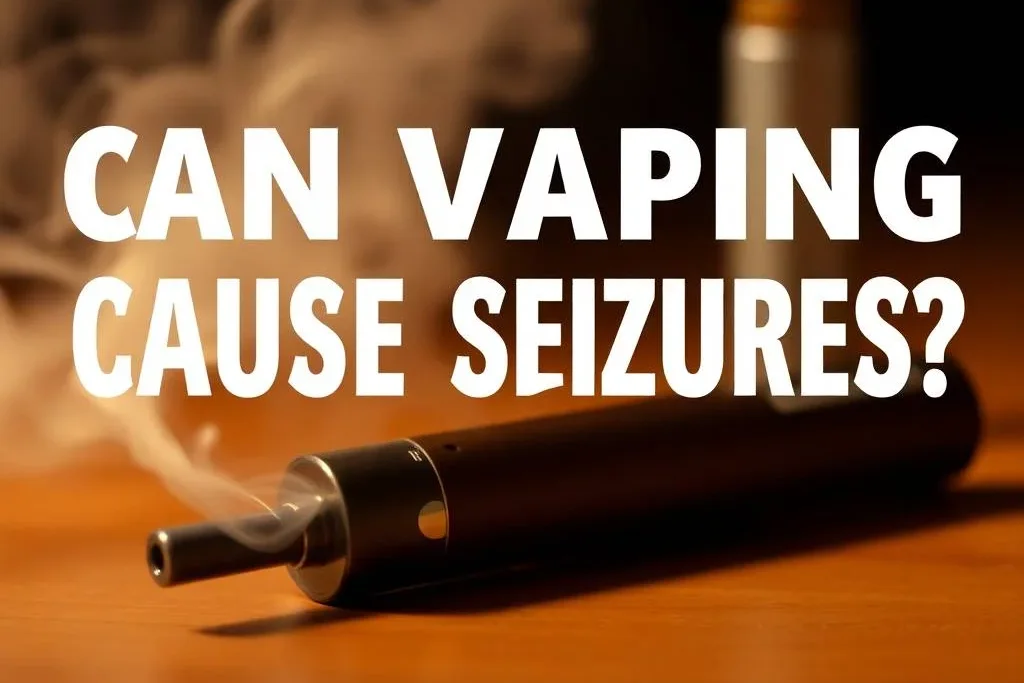
Who May Be at Higher Risk?
- Teens and young adults using high-strength nicotine vapes
- People with epilepsy or neurological disorders
- Users prone to nicotine poisoning from frequent or heavy vaping
- Individuals combining vaping with energy drinks, caffeine, or other stimulants, which can amplify nervous system stress
What To Do If You Experience Symptoms
If you or someone you know experiences confusion, tremors, fainting, or seizures after vaping:
- Seek immediate medical attention – seizures require urgent care.
- Stop using the vape product until a doctor provides guidance.
- Report the incident to the FDA’s Safety Reporting Portal, which helps regulators track potential risks.
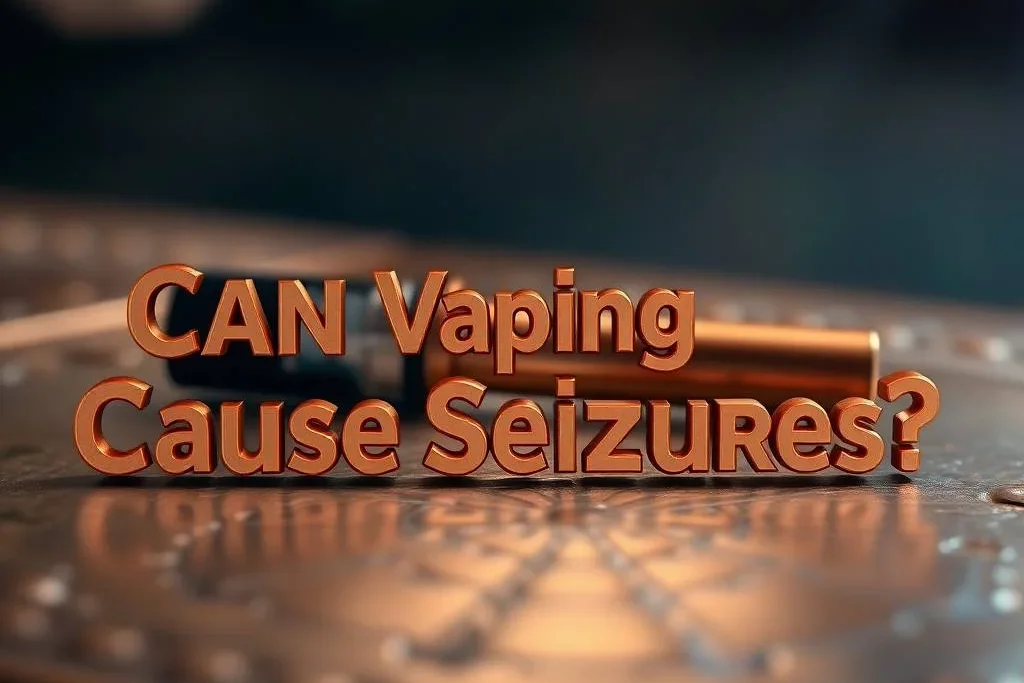
Safer Vaping Practices
- Stick to regulated, authentic vape brands rather than unverified products.
- Avoid chain vaping or using devices with extremely high nicotine levels.
- Monitor for any unusual symptoms, especially if you have a history of seizures or other neurological conditions.
- Consider lower-nicotine options or nicotine-free e-liquids if you’re concerned about side effects.
Conclusion
While rare reports suggest a possible link between seizures and nicotine overexposure from vaping, scientific evidence remains limited. For most healthy adults, vaping at moderate levels is unlikely to trigger seizures, but the risks increase with high nicotine intake or pre-existing health conditions. If you experience any concerning symptoms, consult a healthcare professional immediately. As research continues, staying informed about vaping safety is the best way to protect your health.
FAQs
1. Can vaping cause seizures?
There have been reports of seizures occurring shortly after vaping, particularly among young adults. While the FDA has investigated these cases, current research does not confirm a direct cause-and-effect relationship. The main concern is nicotine overexposure, which in rare cases can trigger seizures in sensitive individuals.
2. Why would vaping trigger a seizure?
The most likely reason is nicotine toxicity. Vaping high-strength nicotine products, especially in large amounts or over a short time, can overstimulate the nervous system. For people with epilepsy or other neurological conditions, this stimulation may lower the seizure threshold.
3. Who is most at risk of seizures from vaping?
Individuals most at risk include:
- Teens and young adults using high-nicotine vapes
- People with epilepsy or seizure disorders
- Users who chain vape or consume high doses quickly
- Those combining vaping with caffeine, stimulants, or certain medications
4. What should I do if I have a seizure after vaping?
If a seizure occurs after vaping, seek immediate medical attention. Stop using the vape product until you’ve consulted a doctor, and consider reporting the incident to the FDA’s Safety Reporting Portal. This helps regulators track potential health risks related to vaping.
5. Is it safe to vape if I have epilepsy?
People with epilepsy should exercise caution with vaping, especially with high-nicotine e-liquids. Nicotine can lower the seizure threshold, making seizures more likely. If you have a seizure disorder, consult your doctor before vaping to understand the risks and safer alternatives.

